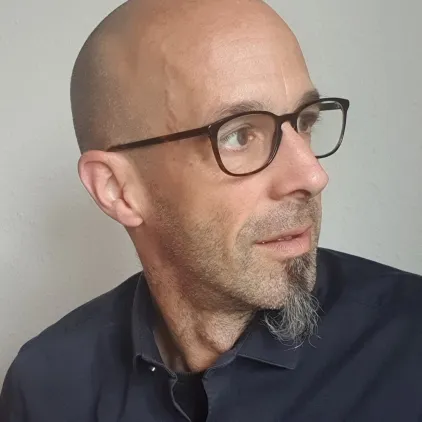Image


My core interest is the use of interpretable deep learning in health care. My goal is to integrate learning and computer aided prediction into clinically useful applications that collaborate with users.
Selected publications - for a full list check out Markus Wenzel on Google Scholar